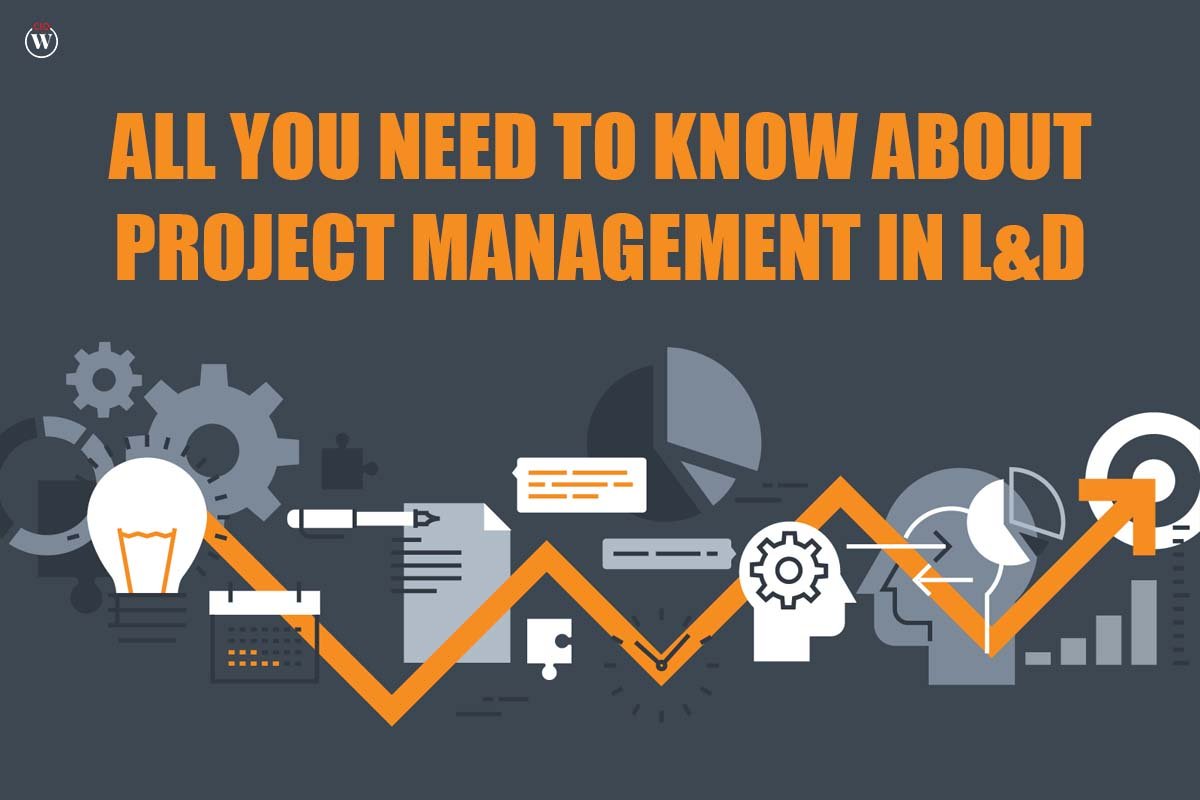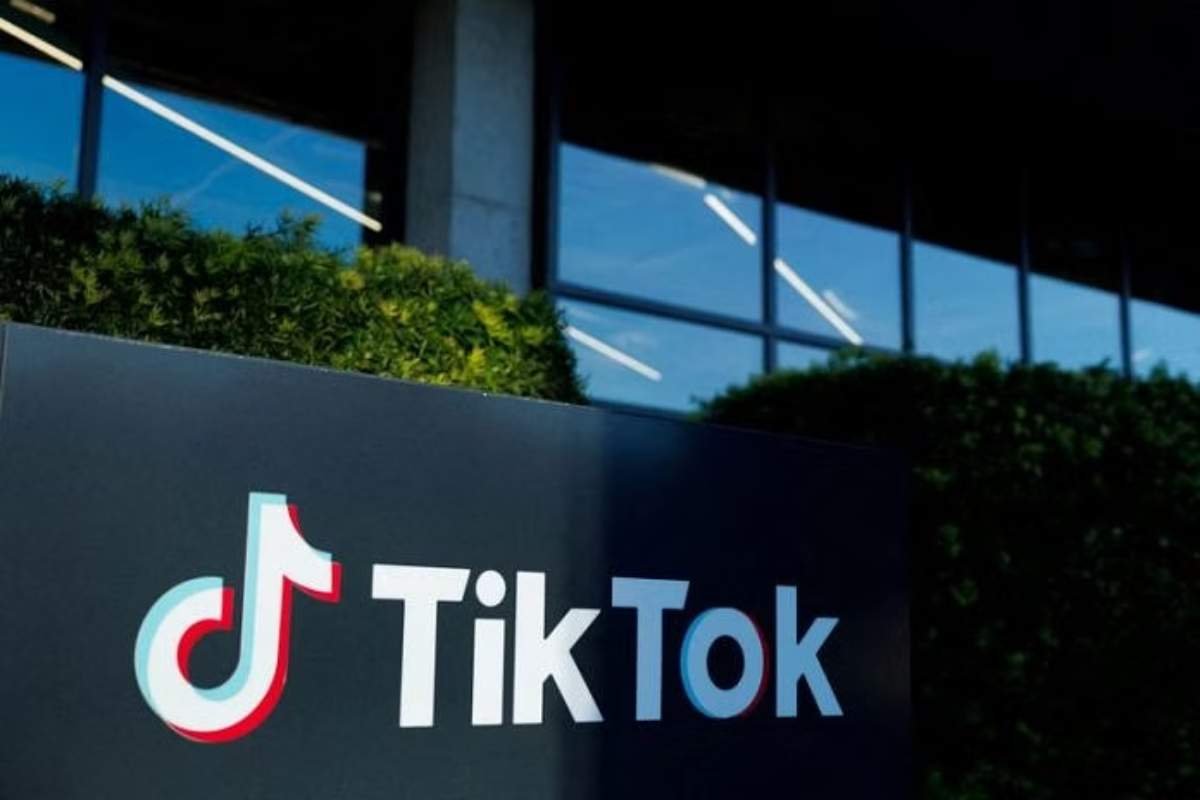Project management is often a component of the day-to-day activities that learning and development (L&D) professionals do in their places of employment. As a consequence of this, it is necessary for everyone working in the sector to have a solid grasp of the future project Management in L and D fundamentals of project management. It is much simpler to address all of the prerequisite circumstances if one focuses their attention on the essential aspects of project management. The following is a rundown of the essential project management knowledge that L&D professionals need to possess.
TRACKING IN ORDER TO ACHIEVE COORDINATION
Typically, Project Management in L and D are carried out by interdepartmental teams, each of which has their own set of duties in relation to the forthcoming project. The selection of software that streamlines the tracking of tasks and makes it easier to coordinate efforts makes a difference. This helps to ensure that everyone is aware of the role they play and the dates on which their respective deliverables are due.
Here Are The 7 best Ways of Project Management in L and D ;
1. CONTROLLING SCOPE
The importance of establishing and maintaining control over the scope of an Project Management in L and D cannot be overstated. In addition to establishing quantifiable objectives and articulating fundamental goals, L&D professionals have the additional responsibility of preventing scope creep in order to keep the project on schedule and under budget.
2. TIME MANAGEMENT
The process of supporting solid time estimates at the beginning of a project by breaking down big projects into smaller milestones is called “breakdown.” In addition to this, it makes delegation easier and determines dependencies in a more straightforward manner, which results in more accurate schedules.
3. BUDGETING
Creating a budget is one of the most important steps in Project Management in L and D Initially, it is necessary to create an initial budget in order to describe the anticipated costs and divide the available cash. It is best practice to put away some money specifically for “just in case” scenarios, which ensures that there will be sufficient funds available to cope with unanticipated issues.
The budget will continue to be an important consideration as the project moves forward. L&D personnel have a responsibility to monitor project spending, look for cost overruns, and make continuous modifications to guarantee that the project stays on track.
4. QUALITY CONTROL
The quality of the training and educational content that is being developed is something that L&D professionals need to assure. In most cases, this entails aligning activities with the objectives that have been chosen, assigning crucial metrics to assess performance, and conducting periodic tests to determine whether or not the project is on track to meet those goals after it has been completed.
5. COMMUNICATION
Each learning and development project runs the risk of missing crucial deadlines, experiencing scope creep, or increasing workloads owing to erroneous information if effective communication is lacking. Project Management in L and D professionals are required to devise an in-depth communication plan, which must include the selection of information distribution platforms to facilitate engagement with stakeholders as well as the establishment of timetables for data requests and updates.
It is also a good idea to include a feedback system. It makes it possible for important stakeholders to get in touch with members of the project team whenever it’s necessary, ensuring that their points of view are taken into consideration as the project progresses.
6. RISK MANAGEMENT
The ability for Project Management in L and D experts to proactively discover solutions in advance is facilitated by the outlining of any possible risks that might result in the failure of a project. Carry out assessments, check the authenticity of claims, determine the degree of accuracy, and formulate solutions for any problems that may arise along the road.
7. MANAGING STAKEHOLDERS
The management of stakeholders is often more difficult than what Project Management in L and D experts anticipate it to be. A substantial number of interested parties, or stakeholders, are involved in these initiatives. These interested parties include learners, managers, corporate executives, instructors, and suppliers, amongst others. As a consequence of this, L&D specialists are required to identify all of the stakeholders, as well as the ways in which each of them is affected by the project as well as their individual requirements.









